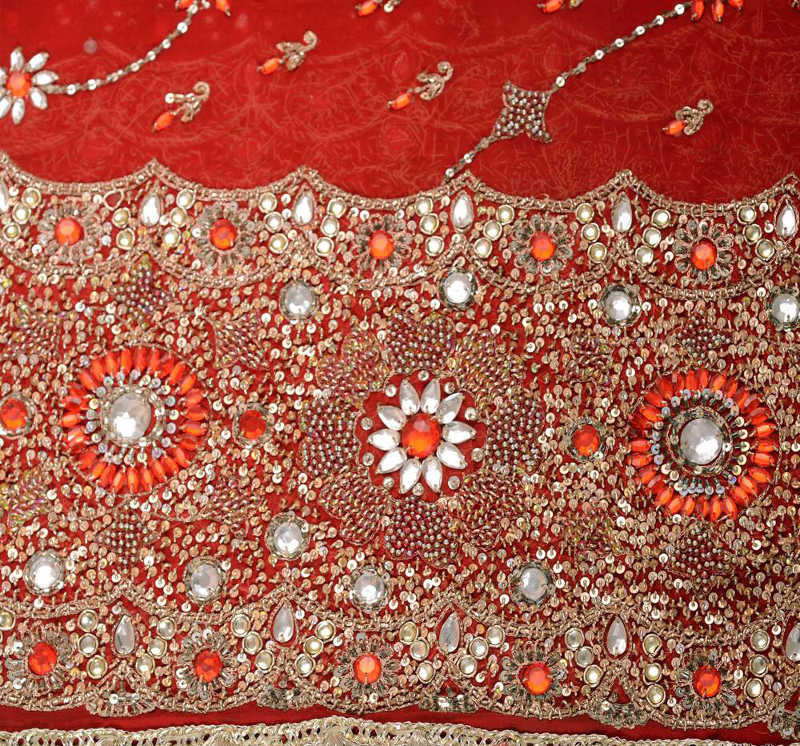===
0601,
7
===

=== |
 |
dāman : 'Skirt (of a garment), petticoat; sheet (of a sail); foot, or declivity (of a mountain)'. (Platts p.502)
bādiyah :'Desert, wilderness; forest, jungle'. (Platts p.119)
āñchal : 'The border or hem of a cloak, veil, shawl, or mantle; a kind of sheet or wrapper'. (Platts p.89)
FWP:
SETS
MOTIFS == CLOTHING/NAKEDNESS; DESERT
NAMES
TERMS == VERSE-SETWhy 'this time'? Is the speaker's madness increasing? He himself calls it not madness but 'ardor'-- but then, he would. Perhaps on previous occasions he would take out his energy by beating and scrubbing the available sheets or rugs, but now he's moved on to more desperate expedients. In any case, perhaps he is going to pick up the edge of the whole broad 'sheet' of the desert, give it (at least) a vigorous shaking, and then flap it in the air so that it settles down in some new place or manner of his choice.
Or could he be desperately clutching the garment-hem of the desert, since he cannot clutch the garment-hem of the beloved? For discussion of this possibility see {102,3}, with its citation of Momin's perfect verse on the subject.
Note for grammar fans: In English, 'your ardor' would be something felt by the 'you'. But remember that in Urdu, tere shauq can be used for both 'ardor of you' ('your ardor', felt by you) and 'ardor for you' (felt by me).